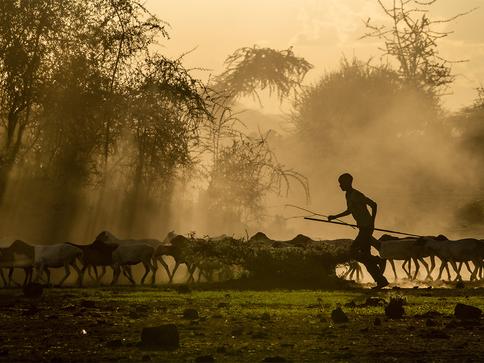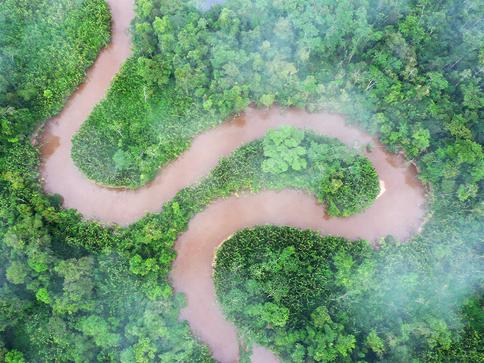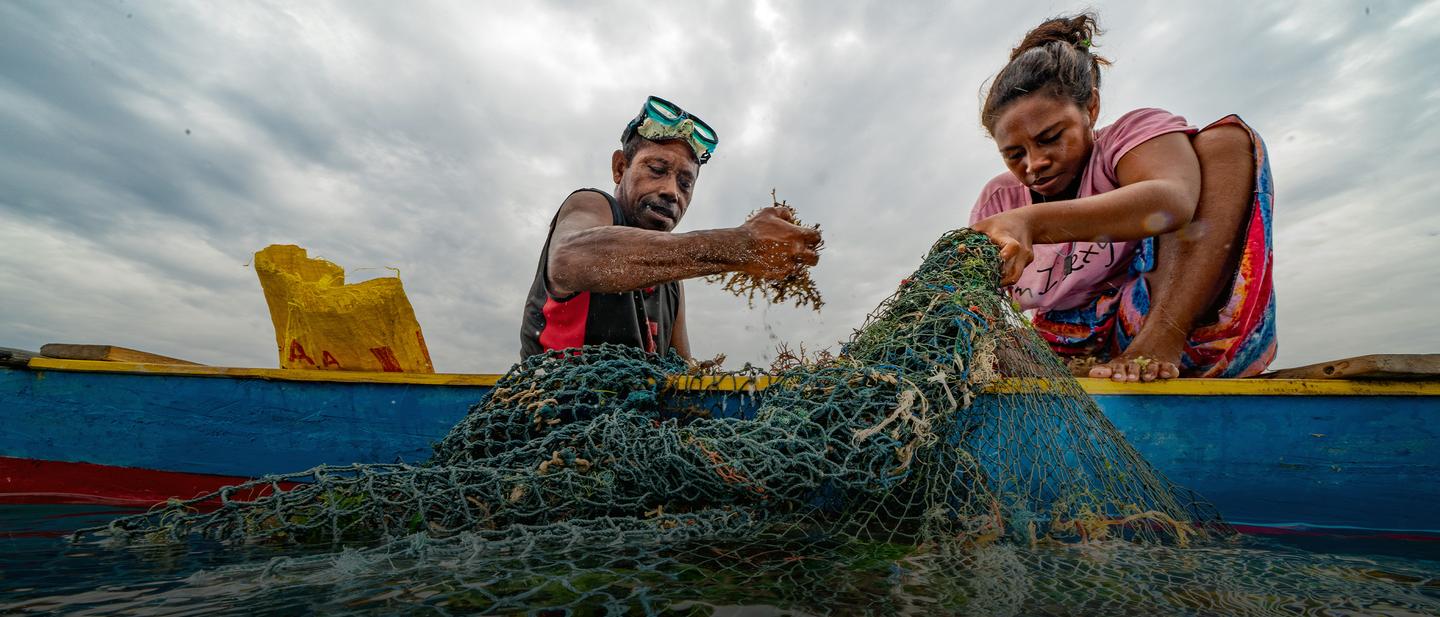THE EARTH WILL KNOW YOUR NAME
Your action today creates real, lasting impact – for nature, for people, for our shared future.

Choose your priority...






